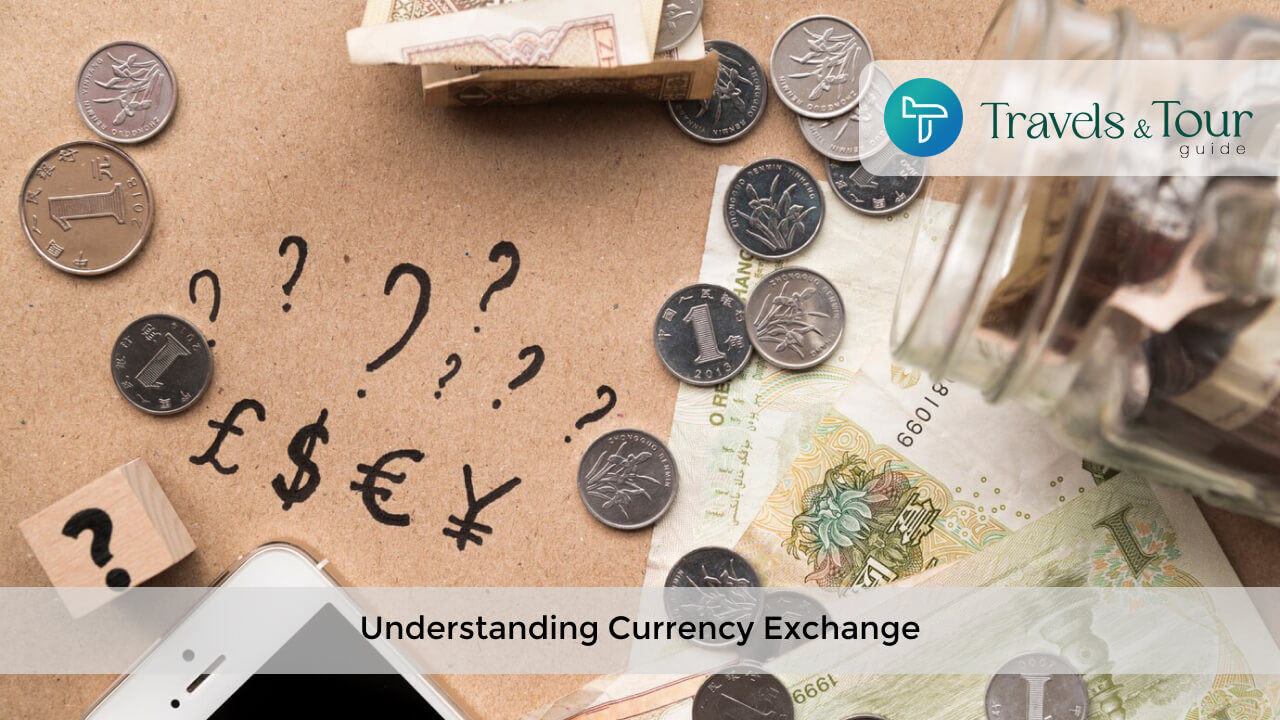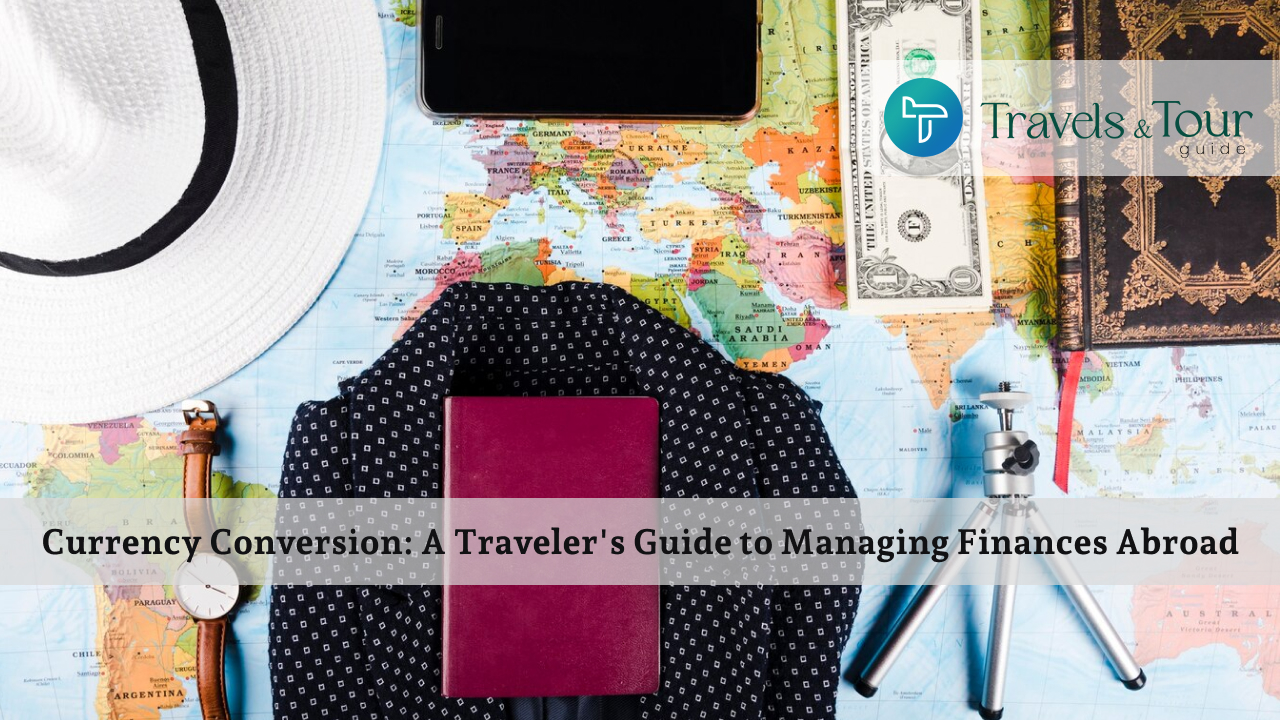Currency Conversion: A Traveler’s Guide to Managing Finances Abroad
While visiting other countries can be fascinating and enlightening, handling your funds while away from home requires planning beforehand. Currency conversion is one financial planning issue that tourists frequently run into. Knowing how cash transformation works can assist you with making wise choices and setting aside cash whether venturing out to new spots, feasting out, or looking for remembrances.
We’ll give you valuable cash transformation data in this guide to ensure your tour is simple and tranquil.
An Exchange Rate: what is it?
Your capacity to set aside cash while traveling abroad relies upon your attention to exchange rates, which can represent the deciding moment of your arrangements.
The worth of one cash compared with one more is known as the exchange rate. At the point when you swap your local cash for the cash of the country you are visiting, it lays out how much cash you will get.
Exchange rates are likely to shift in light of the supply and demand in the foreign exchange market; they are not set. Some nations, though, might peg or fix their currency at a particular value. The Hong Kong dollar, for instance, is fixed to the US dollar.
Understanding Currency Exchange:

Travelers who need to exchange their money for the local currency of the nation they are going to must understand currency conversion.
Key information regarding currency exchange is as follows:
Exchange Rate Systems:
Fixed, floating, and controlled exchange rate systems are among the different sorts of exchange rate systems being used all around the world. The worth of a country’s money is fixed in a fixed exchange rate framework to the worth of one more country’s cash or a bin of monetary forms. Exchange rates are set by market influences in a floating exchange rate framework, liberated from legislative impedance. Joining fixed and floating exchange rate systems, oversaw exchange rate systems including government mediation in the unfamiliar exchange market to influence exchange rates.
Factors That Influence Exchange Rates:

Interest rates, inflation rates, economic indicators, political stability, and market sentiment are but a few of the several variables behind them. Any changes in these variables do change exchange rates as well as the relative values of different currencies.
Foreign Currency Exchange Services:

Banks, currency exchange merchants or outlets, airports, and hotels among others are some places for people to trade their money when they are traveling. Since these establishments may have charges or offer differing rates of exchange, it is necessary to compare fees before making any money transfer.
The Risks of Exchange Rate:
Changing financial forms conveys with it a few dangers including exchange hazard and exchange rate risk. Exchange rate risk is the opportunity that you could lose cash given fluctuations in the money while finishing an exchange that started at an alternate time. Exchange risk is the probability that you could lose cash coming about because of mix-ups, deferrals, or even disappointments in the money change process.
Tips for Managing Currency Conversion Abroad:
Research Exchange Rates: Before your outing, research the current exchange rates for the monetary standards you’ll require. This will provide you with a thought of how much your cash is worth in the local money.
Use ATM Withdrawals: Utilizing ATMs to pull out nearby money is much of the time the most advantageous and savvy method for getting cash abroad. In any case, know about any expenses your bank might charge for worldwide withdrawals.
Keep away from Cash Exchange at Air terminals: Money exchange administrations at air terminals frequently offer less ideal rates and higher expenses. It’s smarter to exchange cash at banks or money exchange workplaces in the city.
Consider Utilizing Credit Cards: Credit cards are broadly acknowledged all over the planet and deal with serious exchange rates. Simply make certain to check assuming your card charges unfamiliar exchange expenses.
Use Money Transformation Applications: Cash change applications can assist you with rapidly changing over costs into your home money, making it more clear the expense of things abroad.
Be Aware of Expenses: Whether you’re utilizing ATMs, charge cards, or money exchange administrations, know about any charges related to cash change. These expenses can add up, so calculating them into your budget is fundamental.
Convey Some Money: While Mastercards are helpful, it’s additionally savvy to convey some neighborhood cash for little buys or puts that don’t acknowledge cards.
Watch Exchange Rates: Exchange rates can vary, so it’s really smart to screen them during your outing. You might observe that rates are better at specific times, permitting you to get something else for your cash.
Prepare: Don’t hold on as late as possible to exchange money or pull out cash. Prepare to stay away from superfluous pressure and guarantee you have the cash you want for your excursion.
Bottom line:
You can save a lot of money if you research currency rates and foreign money management strategies before departing for your vacation.
While traveling, stick to ATMs, pay with a Mastercard that has no exchange expenses, and make buys utilizing local cash any place you can. Try not to exchange cash at lodgings, and air terminal booths, and while making buys try not to pay over-the-top exchange rates and charges.
Happy Travelling!!







